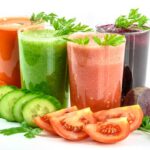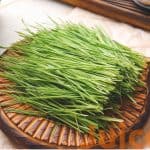Regarding juicing, there are endless possibilities regarding what vegetables you can use to make vegetable juice. Suppose you’re the type of person who enjoys good juice regularly. In that case, you know that some vegetables or leafy greens don’t seem to work as well as others when it comes to juicing and blending. The reality, however, is that you can juice just about anything – it’s all about what you put into your juice in terms of nutritional value.
Best Vegetables For Juicing
Cabbage
Though it is often overlooked, the humble cabbage is a true powerhouse regarding detoxification, metabolism-balancing, and weight loss. Cabbage is packed with antioxidants and nutrients, and this cruciferous vegetable is a key player in any healthy diet.
Cabbage is a versatile vegetable for juicing, with a subtle and delicate flavor that can be easily enhanced with other juicing ingredients.
When juicing cabbage, be sure to use only the freshest, most crisp leaves for the best flavor. While it may not have the best taste, cabbage is a nutrient-rich vegetable that should not be overlooked. When blended with other fruits and vegetables, cabbage can help boost the nutritional value of any dish while still providing a delicious flavor.
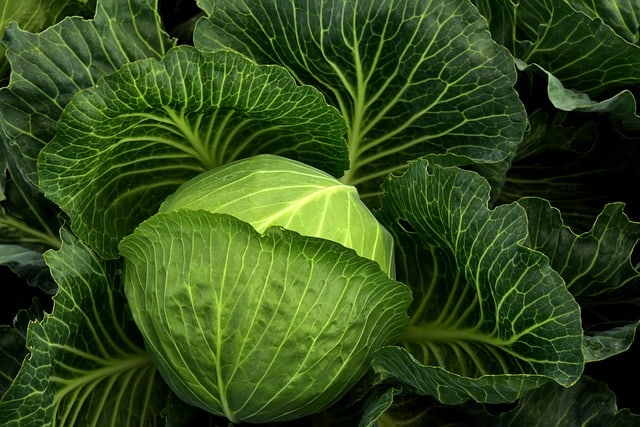
Celery
Celery is a true powerhouse when it comes to juicing. Not only does it add plenty of liquid content to your juice, but it also acts as a detoxification agent for your body. Celery contains vital nutrients like potassium, essential to our daily functioning and optimum circulation.
Celery juice is a refreshing and nutritious drink that is perfect for summer. It is packed with vitamins and minerals, and is a great way to stay hydrated. Celery juice is also low in calories and fat, making it a healthy choice for those watching their weight.
It can help flush out toxins because it is a natural diuretic. In addition, celery is packed with nutrients like Vitamin C, Beta-Carotene, and Folic Acid, which all work together to keep your body functioning at its best. So if you want to add something extra to your juicing routine, celery is the way to go!
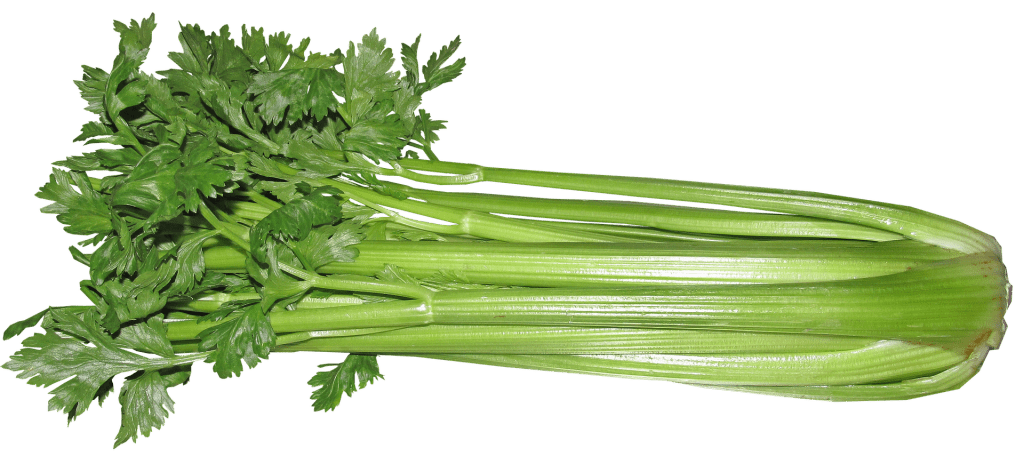
Broccoli
Broccoli is one of nature’s true superfoods. Packed with antioxidants and vitamin C, broccoli has potent anti-cancer properties. So make sure to include this nutrient-rich vegetable in your diet regularly, either in juices or as part of a healthy meal. Broccoli is also an excellent source of fiber, so it’s good for digestion.
Plus, it’s low in calories and fat, so it’s a great food to help you maintain a healthy weight.
Brocolli is the perfect addition to any meal, tomato or carrot soup, for example. It is also a great mix with apples and lemons if you want a more subtle flavor. Brocolli is one of the best vegetables for juicing.
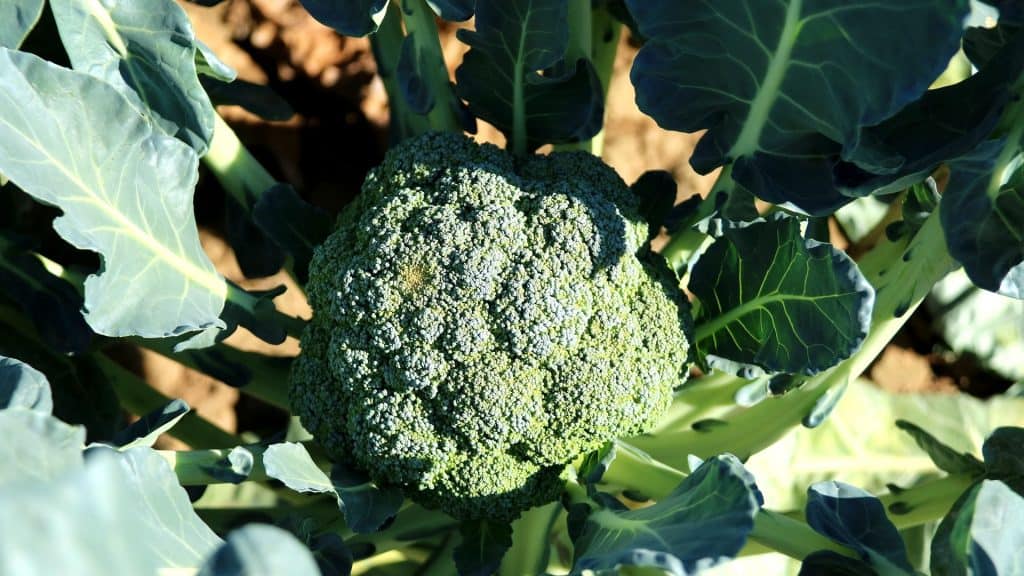
Carrots
Carrots are the perfect choice if you’re looking for a basic juicing vegetable that is both sweet and nutritious. Containing cancer-fighting beta-carotene nutrients, they can also boost your immune system. The natural sweetness of carrots can help to mask the taste of other less pleasant-tasting vegetables. So next time you’re looking to make a healthy juice, be sure to include some carrots!
The sweet, juicy flavor of carrots mixes perfectly with the crisp, refreshing taste of celery and apples. This is due to the natural sweetness of carrots mixing with the savory crunch of celery and the tartness of apples. This flavor combination is perfect for those looking for a healthy and flavorful juicing option with many health benefits.
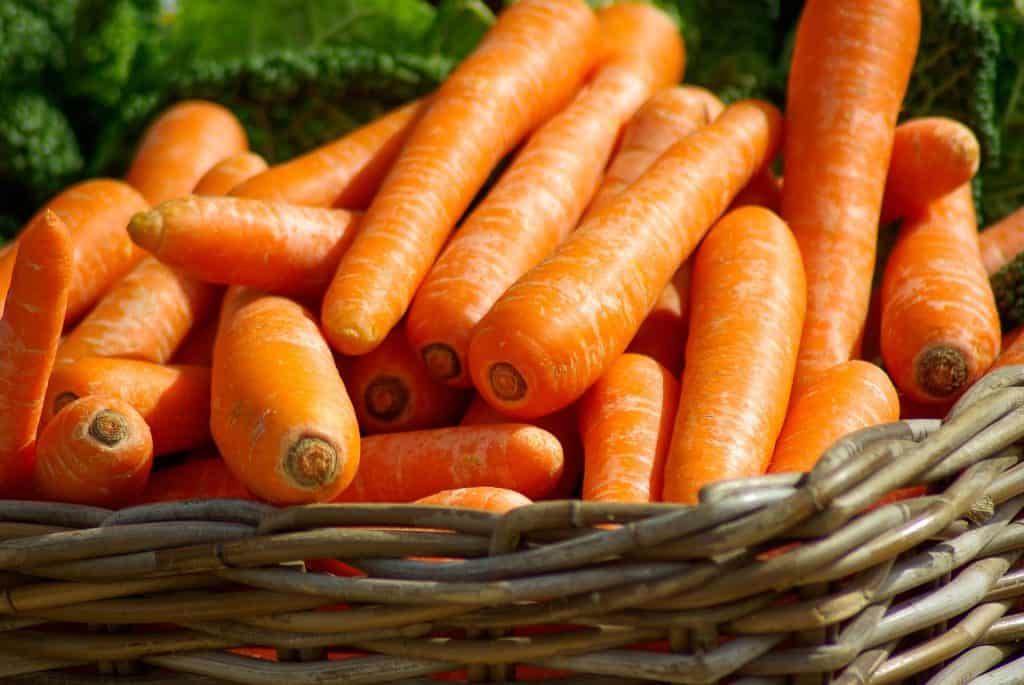
Sweet Potatoes
Did you know that sweet potatoes are delicious and packed with nutrients that can help improve your health? These humble root vegetables are an excellent source of vitamins and minerals, including vitamin C, copper, manganese, potassium, and iron.
Not only are sweet potatoes a nutritional powerhouse, but they also boast anti-inflammatory properties. This makes sweet potatoes an ideal food for helping to reduce inflammation throughout the body.
Sweet potatoes are a good source of anthocyanins, which are powerful antioxidants that can help to protect cells from damage. These antioxidants can also help to reduce inflammation by reducing the production of inflammatory chemicals in the body.
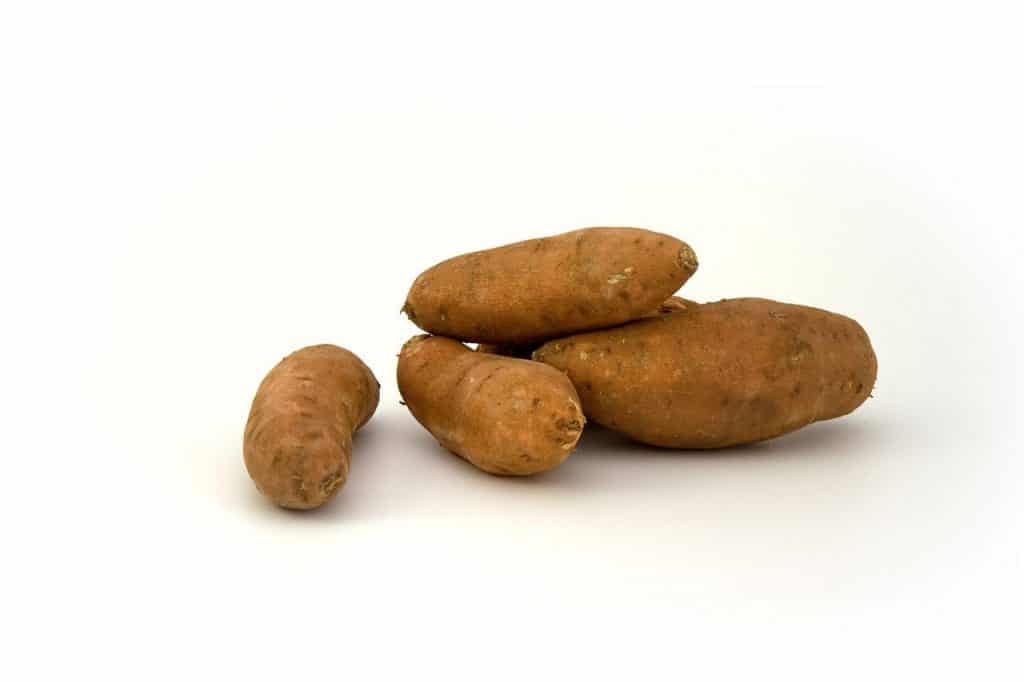
Beetroot
If you’re only familiar with canned sliced beets, you’re missing out on all their great benefits! Beetroot is an excellent source of nutrients, including magnesium, potassium, and iron, vitamins A, B6, and C, folic acid, antioxidants, and soluble fiber. Try juicing a raw beet today and taste the difference!
Beet juice is a great way to get your daily dose of vitamins and minerals. It is rich in antioxidants and has been shown to improve blood flow and reduce inflammation.
Be careful with beetroot, though; its powerful flavor can easily mask the taste of other ingredients if you’re not careful. When used correctly, beetroot can add a delicious flavor to your juice. When juicing, consider adding other complementary fruits or vegetables, such as carrots or apples, to round out the flavor.
As with any ingredient, start with a small amount of beetroot and increase to taste. Too much beetroot can make your juice taste earthy or dirty, so find the balance that works for you. With a little experimentation, you can create unique and delicious juice recipes that are sure to please your taste buds.
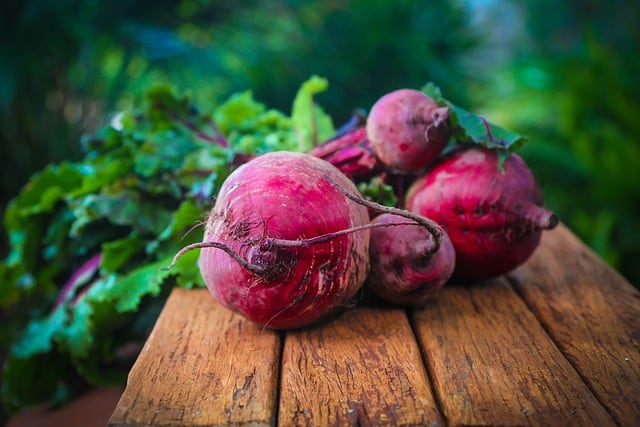
Peppers
Peppers are one of nature’s true blessings. They bring sweetness and spice to our lives and are packed with antioxidants like vitamin C. Not only can they help fight respiratory illnesses like asthma, but peppers can also help improve our overall health when eaten regularly.
Peppers are a great addition to any juicing routine. Their high water content makes them ideal for adding extra hydration to your body, and their bright colors add a beautiful touch to any juice.
Peppers are also a great source of vitamins and minerals, and their juicy flesh is full of antioxidants. So next time you want to add some flavor to your juicing routine, include some peppers!
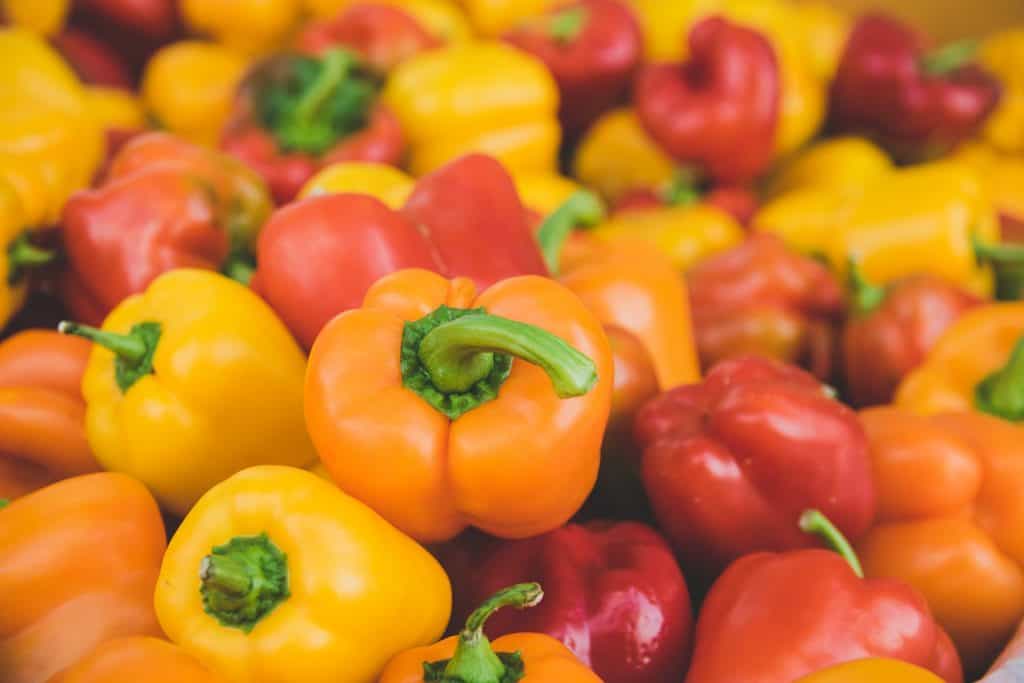
Mixing a Good Juice
When it comes to juicing, it’s all about finding the right mix of ingredients. You want to find a balance of flavors that will tantalize your taste buds and leave you wanting more. Carrots make for a great juicing base. They are relatively mild in flavor and can help to tone down the strong flavors of some of the other ingredients.
Once your carrots are juiced, mix in other ingredients to create a delicious and nutritious juice. In addition to the vegetables mentioned above, you may want to include the following to add more flavor:
- Wheatgrass – a versatile grass that can be used for everything from juicing to animal feed.
- Cilantro – a versatile and zesty herb
- Ginger – a powerful and spicy root
- Parsley – a vibrant and fresh-tasting herb
- Mint – a refreshing and cooling herb
- Fennel – a sweet and anise-flavored herb
- Lime – a tart and juicy citrus fruit
- Lemon – a tart and acidic citrus fruit
Conclusion
You now have a list of the best vegetables for juicing.
This list should be used as a way to explore your own juicing likes and dislikes. You can use any combination of fruits and vegetables that you like, so it’s easy to find a juice that you’ll love.
Looking for a refreshing way to start your morning? Try a green juice! Made with nutrient-rich ingredients like spinach, kale, and cucumber, green juices are a great way to get your daily dose of greens. Plus, they’re a refreshing alternative to your typical morning cup of coffee.
If you’re new to juicing, start with some fruits and vegetables you already enjoy eating.
When juicing, you can experiment with adding new ingredients to see what you like. Try adding a variety of fruits and vegetables to your juice to find new flavor combinations you enjoy. You can also add herbs and spices to your juice to give it an extra boost of flavor. Be creative and have fun with it!

